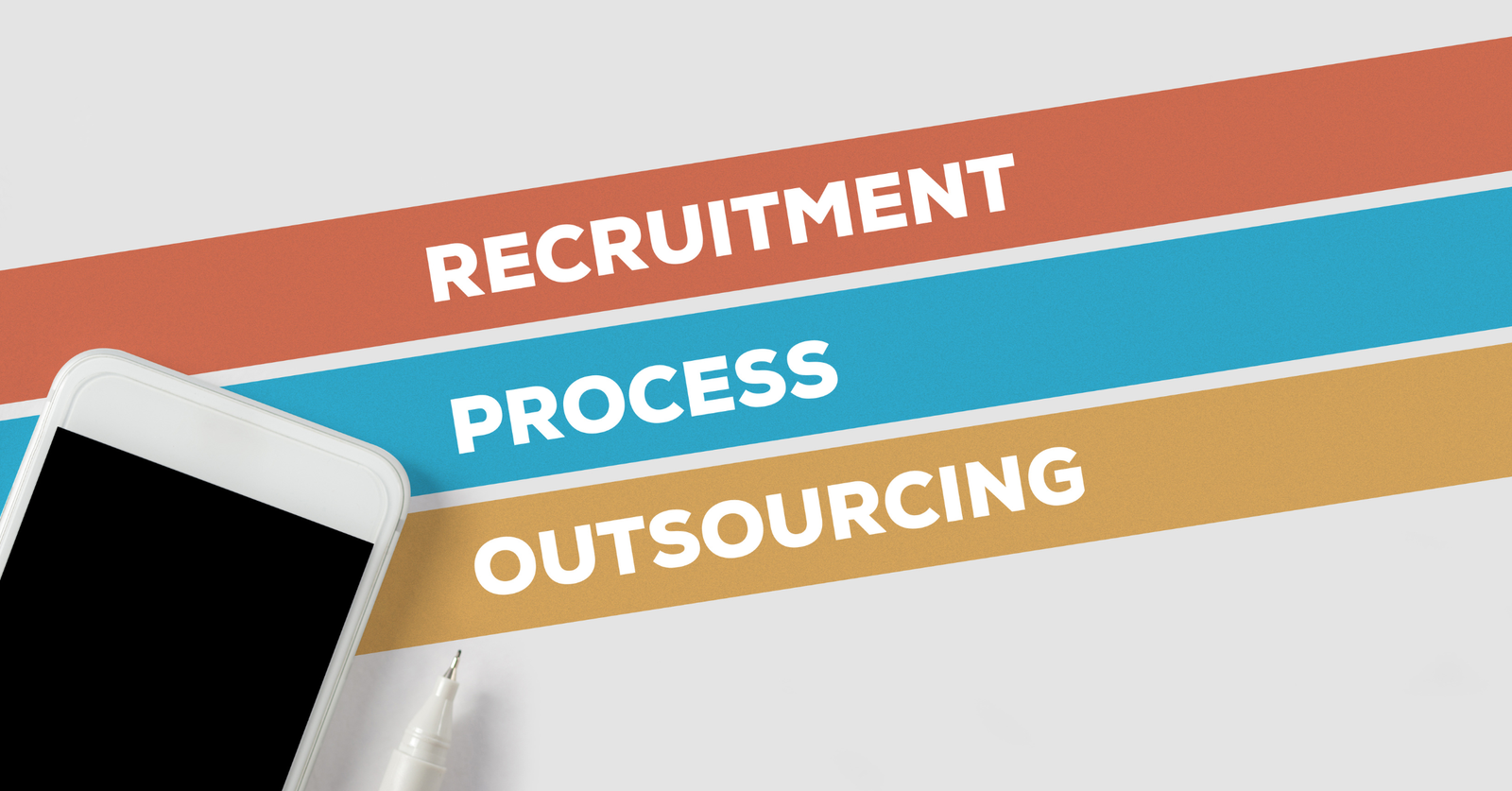Employee retention is crucial for business success. High turnover can be costly, while strong employee retention strategies improve productivity and morale. According to a Gallup report, businesses with high employee engagement experience 23% higher profitability and 18% lower turnover rates.
What is Employee Retention Strategies?
Employee retention strategies are techniques that organizations implement to reduce employee turnover and enhance job satisfaction. These strategies help in fostering loyalty, reducing hiring costs, and maintaining a skilled workforce.
7 Great Employee Retention Strategies
1. Offer Competitive Compensation and Benefits
Fair salaries and attractive benefits play a key role in retaining employees. A Glassdoor survey found that 45% of employees leave due to inadequate pay.
2. Focus on Employee Development
Employees value career growth. Providing training, mentorship, and upskilling programs boosts engagement and job satisfaction.
3. Create a Positive Work Culture
A strong organizational culture fosters a sense of belonging. Companies with a positive culture see 30% higher employee satisfaction.
4. Recognize and Reward Employees
Recognition motivates employees. Implementing reward programs, bonuses, and appreciation initiatives increases loyalty and performance.
5. Promote Work-Life Balance
Encouraging flexible schedules, remote work options, and wellness programs prevents burnout and enhances job retention.
6. Improve Employee Engagement
Engaged employees are 87% less likely to leave. Conduct surveys, organize team-building activities, and encourage open communication.
7. Hire the Right Talent
Retention starts with recruitment. Using reliable hiring processes, like those offered by Skills and Placement Services, ensures a good job fit. Read our How to Get a Job: 10 Effective Tips guide to understand effective hiring strategies.
Objectives of Employee Retention Strategies
The primary objectives of employee retention strategies include:
- Reducing turnover costs
- Enhancing employee satisfaction and productivity
- Building a strong company reputation
- Increasing employee engagement and loyalty
Final Thoughts
Implementing effective employee retention strategies leads to a motivated, engaged, and productive workforce. Employers who invest in retention see improved performance and long-term success.
For more insights on job market trends, explore our blogs on Job Interview Strengths and Weaknesses Examples and How to Get Into Marketing Without a Degree.





